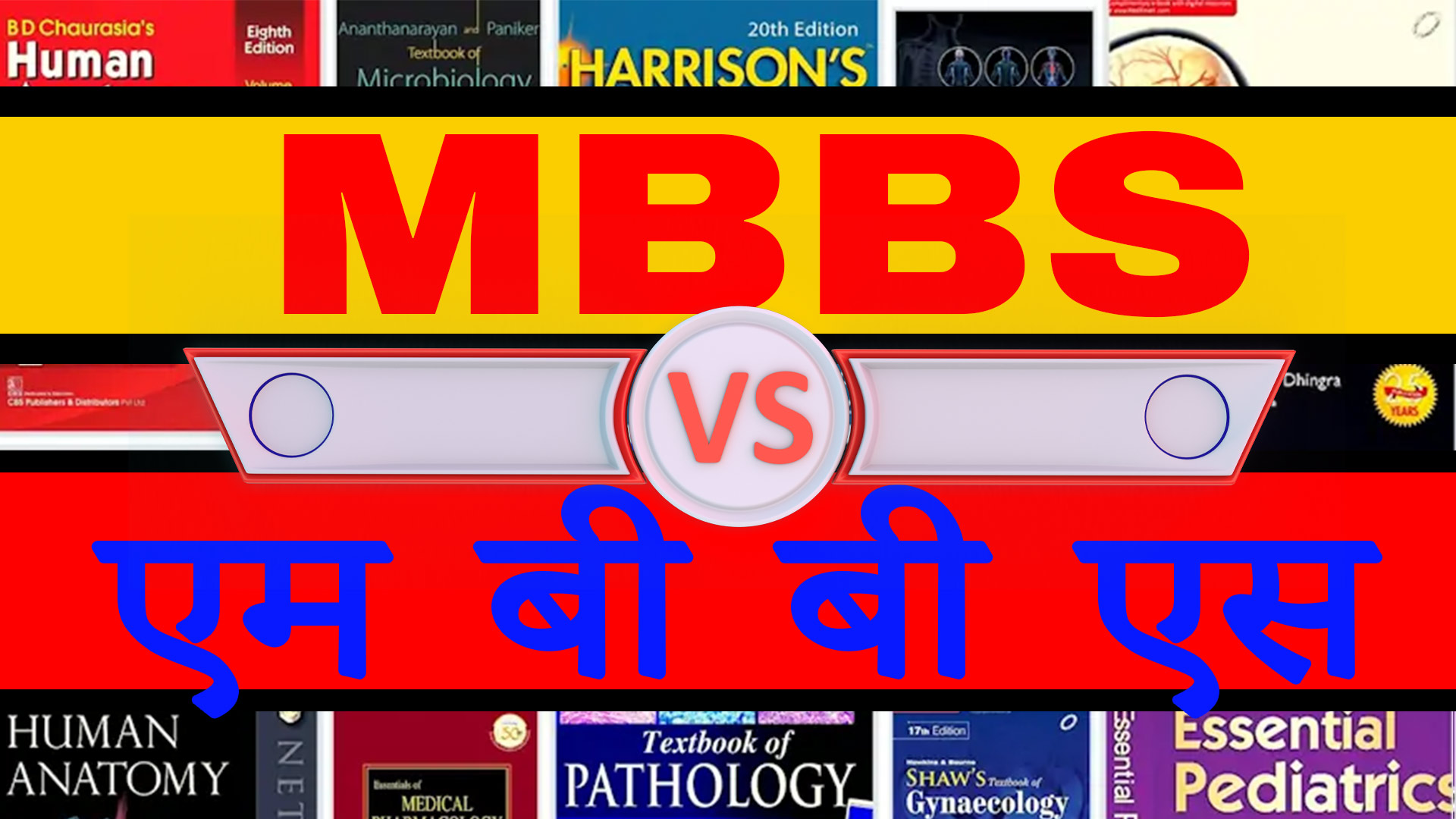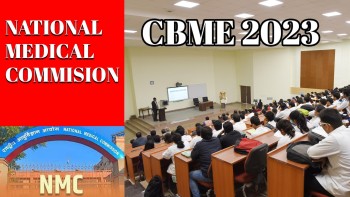Recently state Governments of Madhya Pradesh and Uttar Pradesh have announced MBBS in Hindi medium.The decision has created another controversy.The medical fraternity has a divided opinion on the issue.
The proponents of having medical education in Hindi instead of English primarily present two arguments.Firstly, they argue that if MBBS education is conducted in the mother tongue rather than English, it will be easier for most students to understand, and they would become better doctors.Secondly, it is pointed out that in many European and other countries, medical education is not in English but in their own language. Both arguments seem valid superficially, but it is necessary for us to analyse this issue in the context of India.
India is a country of diversity, and linguistic diversity is a distinctive identity of India that we are all familiar with. In India, twenty-two languages have been recognized in the constitution as scheduled languages. In the countries given as examples, where the entire country has a uniform language, studying in the local language instead of English does not create complications that may occur in any multilinguistic country like India.
In India, there is also the provision of the 15 percent All India Quota for MBBS admissions, and as a result, students from various states study together in most medical college in India. We have seen how students from Kerala, Tamil Nadu, Karnataka, Andhra Pradesh, and Northeastern states pursue MBBS in Hindi-speaking states. Similarly, students from Northern India can be found pursuing MBBS in Southern Indian states. This trend continues in postgraduate studies and subsequent job placements after MBBS.
If MBBS is started in Hindi, there will undoubtedly be some discrepancies that need careful consideration, and answers to these questions should be sought in advance:
1. Doctors who complete their MBBS in Hindi may not have the same opportunities to work as medical professionals in non-Hindi-speaking states or in other countries. In the last 10 years, MBBS seats have doubled in India. Despite the fact that many states have already achieved the desirable doctor-patient ratio, government is increasing MBBS seats every year. Considering the huge increase in the number of MBBS seats in India, unemployment among doctors is a real possibility in the near future. MBBS in Hindi may add to this problem in Hindi-speaking regions of India.
2. Students from non-Hindi-speaking regions may not be able to study in Hindi-medium medical colleges of India. It will limit the opportunities for students from non-Hindi states.
3. In the future, there could be a demand for medical education in other regional languages like Tamil, Bengali, Malayalam, Kannada, etc., and ultimately, every state may end up have medical education in their own language.
4. Students studying medicine in Hindi may face difficulty in treating non Hindi speaking patients.
5. Medical students studying in Hindi may not be able to comprehend international publications, research papers, and journals, most of which are in English. Similarly, getting a research paper published in international journals will also be challenging.
6. The translation of every edition of books and journals would be a challenging job and it may not be an perfect translation despite best efforts.Investing so much energy and resources in translation may not be a wise idea.
Our policymakers must first analyse possibility of all these consequences before taking a decision on changing the medium of medical education.











Recent comments
Latest Comments section by users
Guest
Apr 23, 2024
Most Indian Doctors can work anywhere in the world because of their language meaning ability to converse, explain and write in English which is the commonest language all over the world especially in UK and US, the most favoured countries for Indian medical graduates to work/practice in